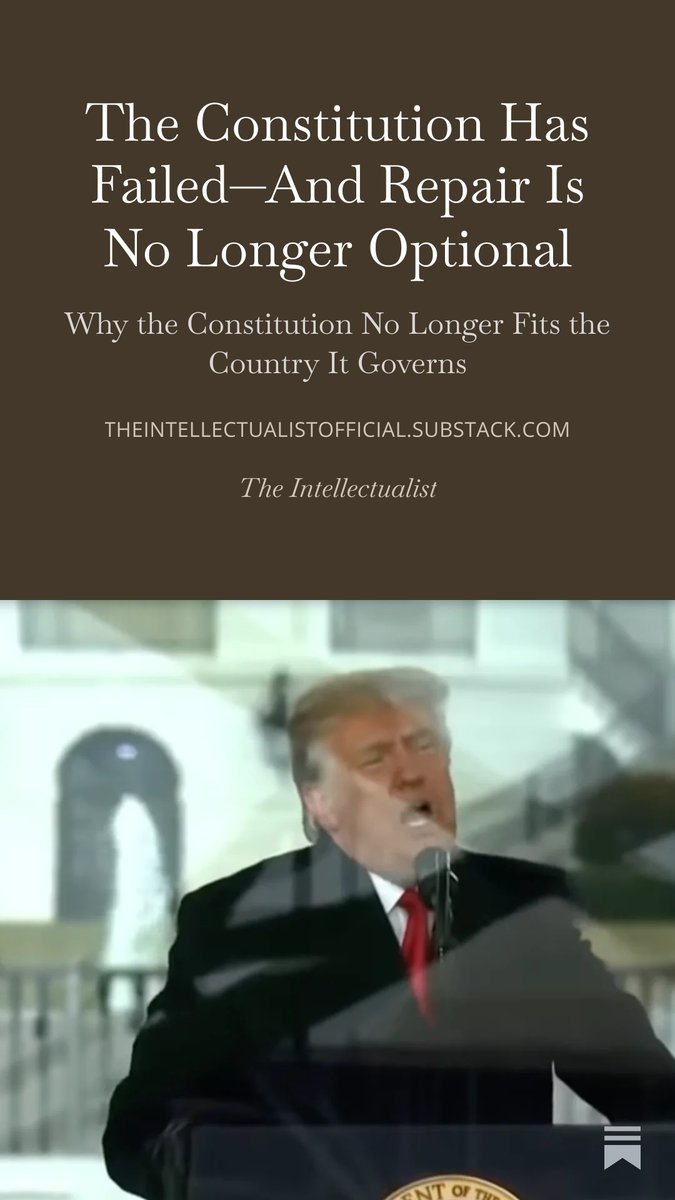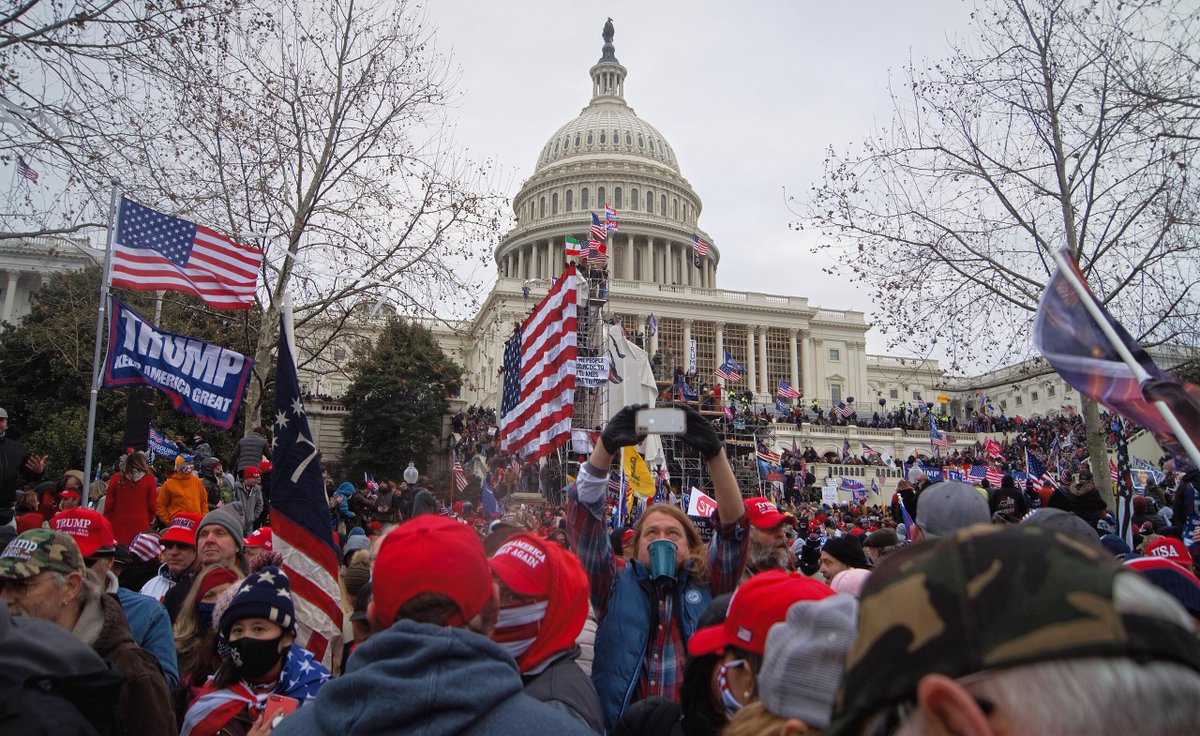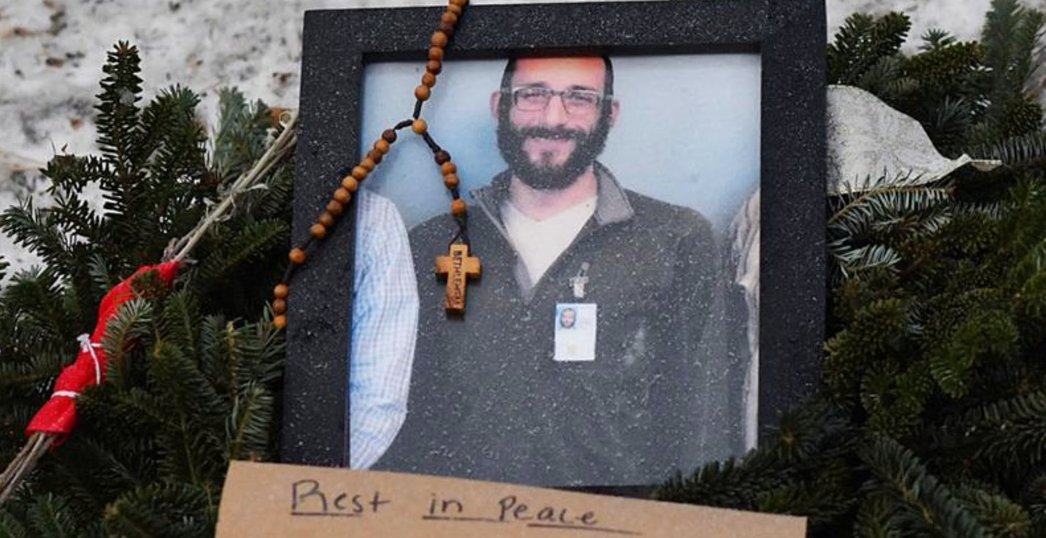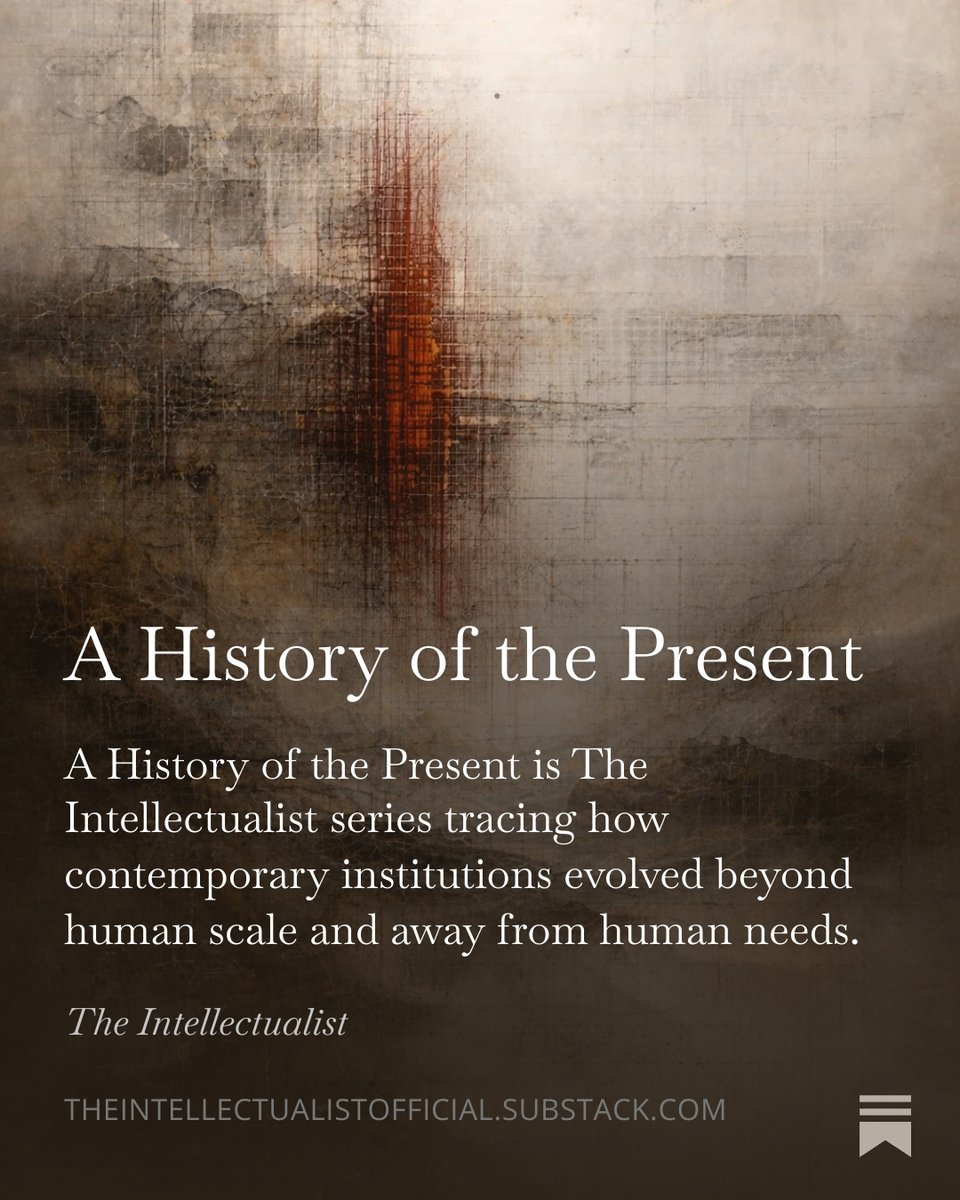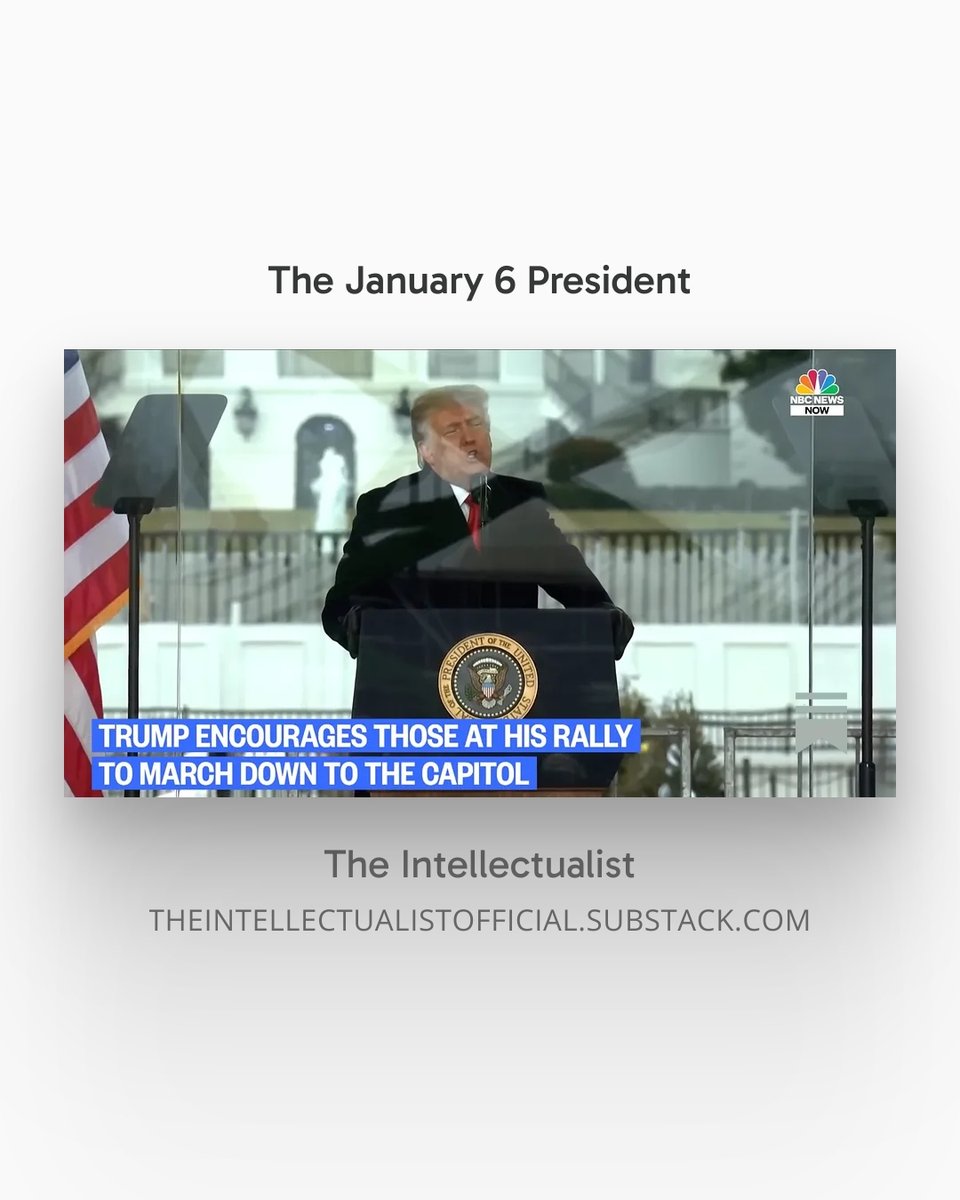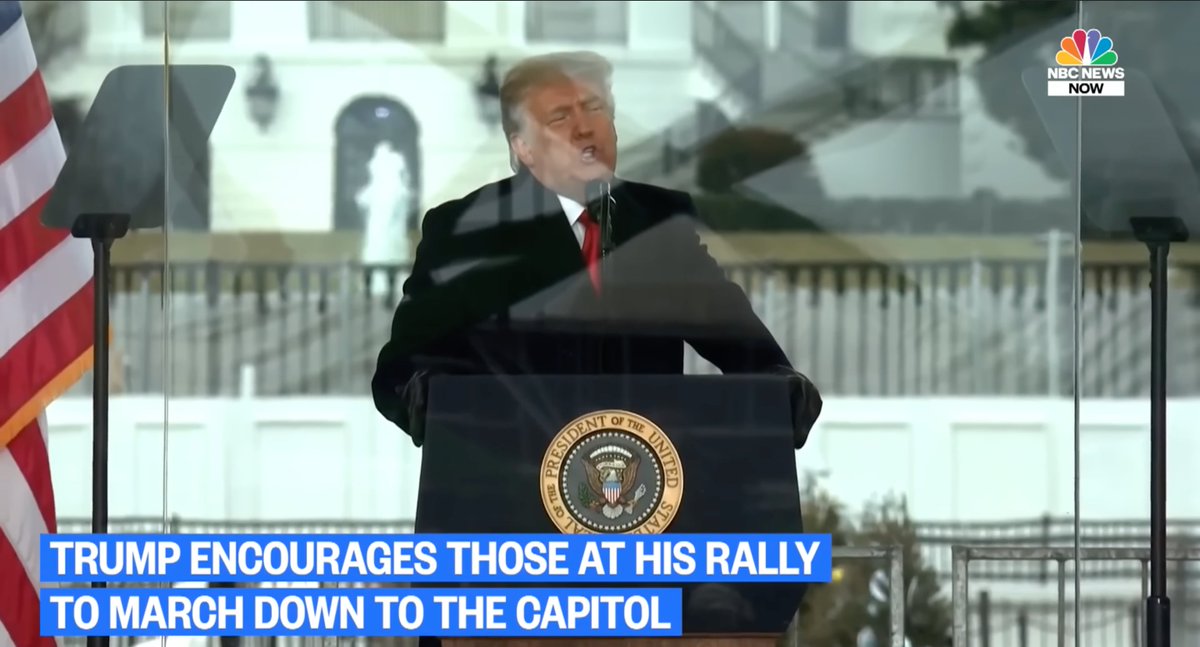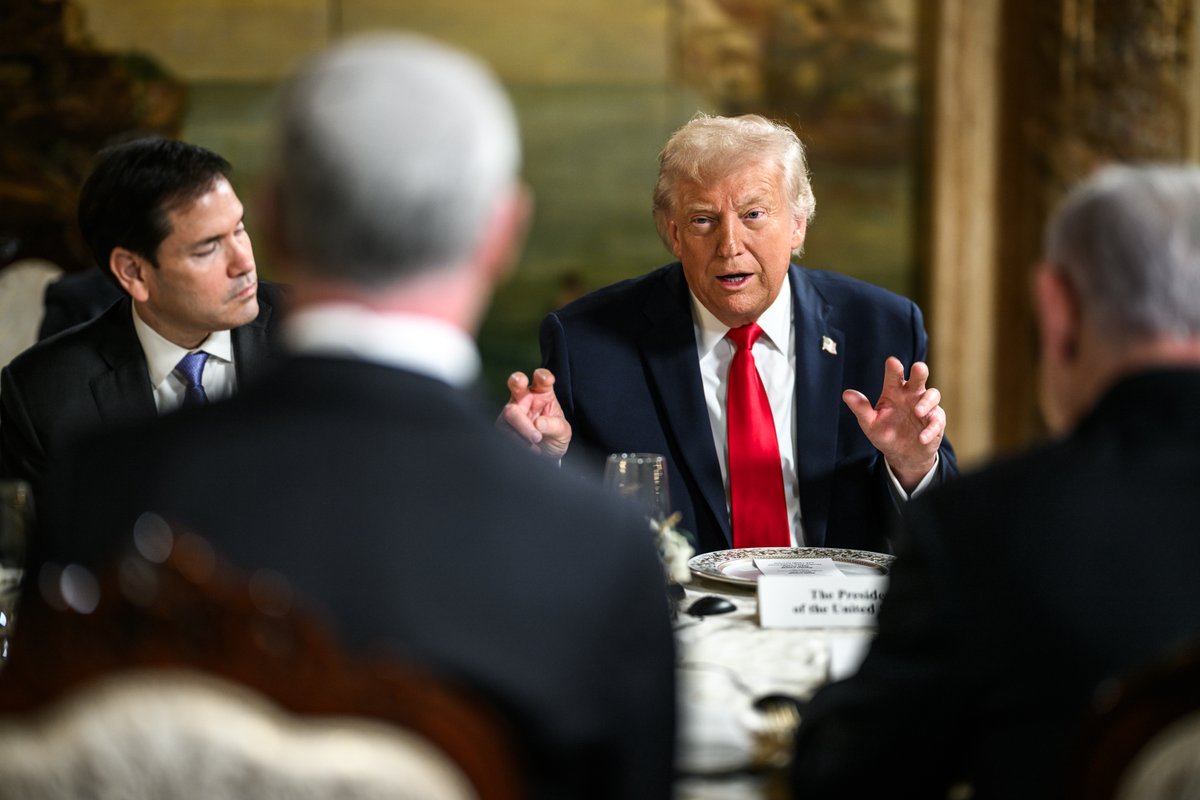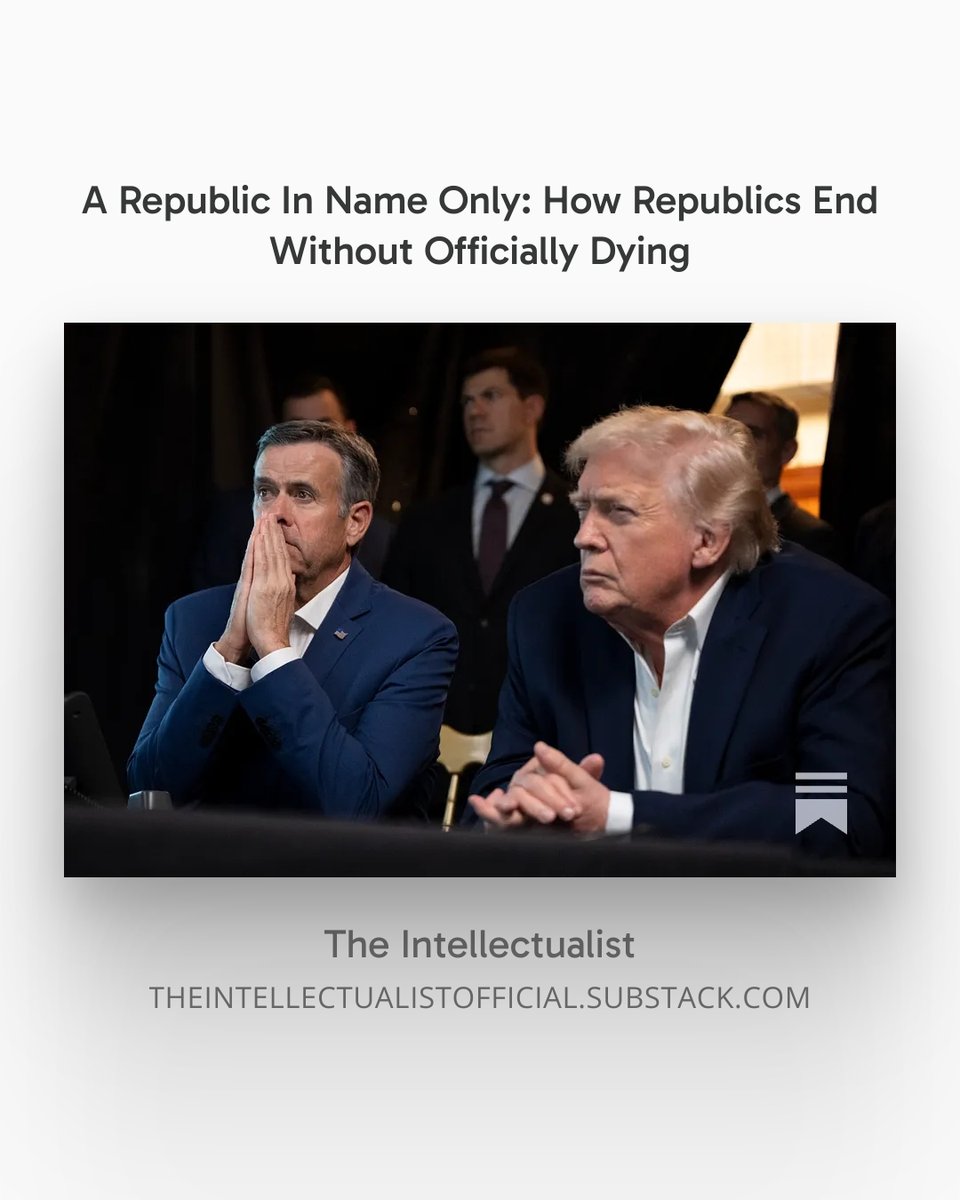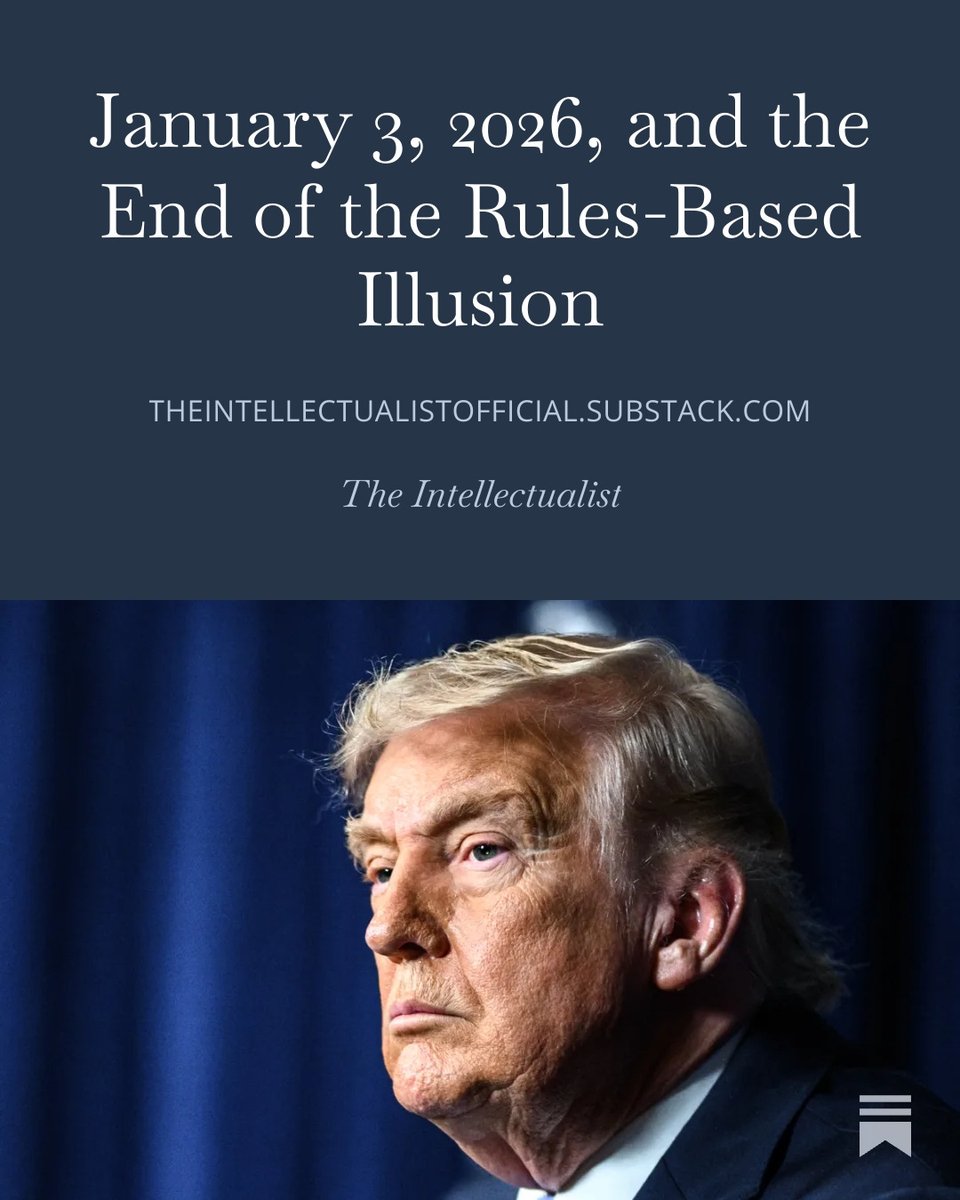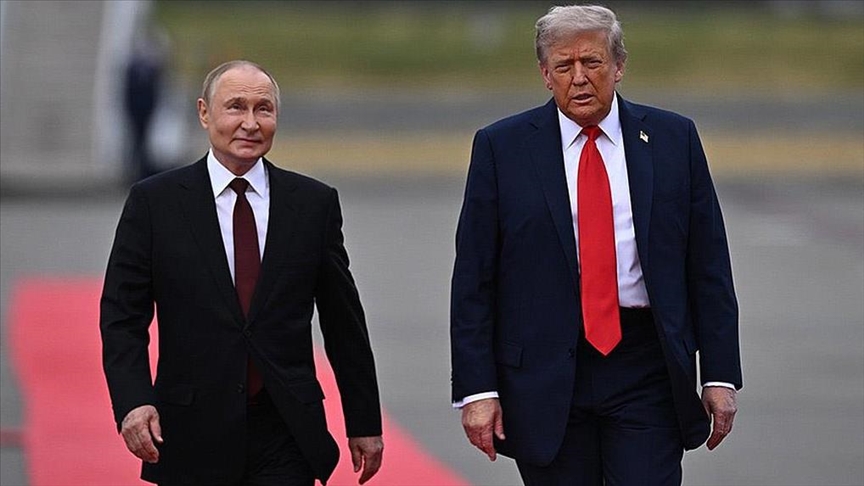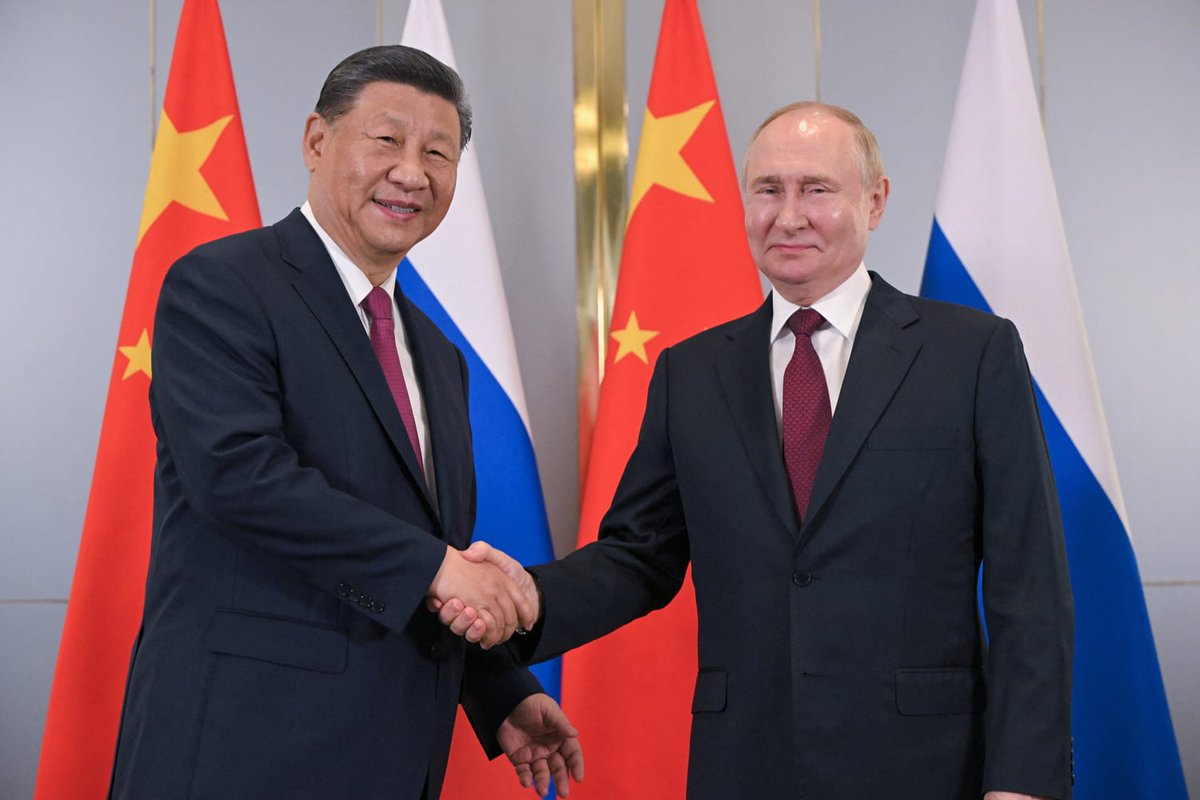1. Attorney General William Barr was slated to receive an award at the National Catholic Prayer Breakfast on Wednesday for his “exemplary Christlike” behavior, according to the National Catholic Reporter.
mavenroundtable.io/theintellectua…
mavenroundtable.io/theintellectua…
2. “At the virtual breakfast, Attorney General William Barr will receive the NCPB's Christifideles Laici Award (Faithful Christian Laity), named after the apostolic exhortation on the laity by Pope John Paul II.” (NCR)
mavenroundtable.io/theintellectua…
mavenroundtable.io/theintellectua…
3. The NCPB website says the award was created in 2019 "to help highlight these good works and those who serve the Church so well."
mavenroundtable.io/theintellectua…
mavenroundtable.io/theintellectua…
4. “Prominent Catholics who disagree that Barr deserves such an award are citing the federal government's decision to reinstate the federal death penalty, which is opposed by Pope Francis and the U.S. bishops, in July.” (NCR)
mavenroundtable.io/theintellectua…
mavenroundtable.io/theintellectua…
5. Rev. Michael Bryant, a Catholic priest and former prison chaplain, noted that “that five men have already been executed and two more will be killed, one on the day before the breakfast and another on the day after,” NCR wrote.
mavenroundtable.io/theintellectua…
mavenroundtable.io/theintellectua…
6. Sister Helen Prejean tweeted: "I raise my voice in fervent opposition to the National Catholic Prayer Breakfast's scandalous offer of an award to Attorney General Barr for his 'exemplary Christlike' behavior."
mavenroundtable.io/theintellectua…
mavenroundtable.io/theintellectua…
7. The Association of U.S. Catholic Priests called the move "shocking, incomprehensible, and scandalous,” adding that “executions are clearly not pro-life.”
mavenroundtable.io/theintellectua…
mavenroundtable.io/theintellectua…
8. They also pointed to Barr’s involvement in the forcible removal of peaceful protesters from Lafayette Park earlier this year in order for President Trump to stage a photo op with a Bible at nearby St. John’s Episcopal Church.
mavenroundtable.io/theintellectua…
mavenroundtable.io/theintellectua…
9. Critics also noted the timing of the award, which comes just ahead of the November election.
mavenroundtable.io/theintellectua…
mavenroundtable.io/theintellectua…
• • •
Missing some Tweet in this thread? You can try to
force a refresh





